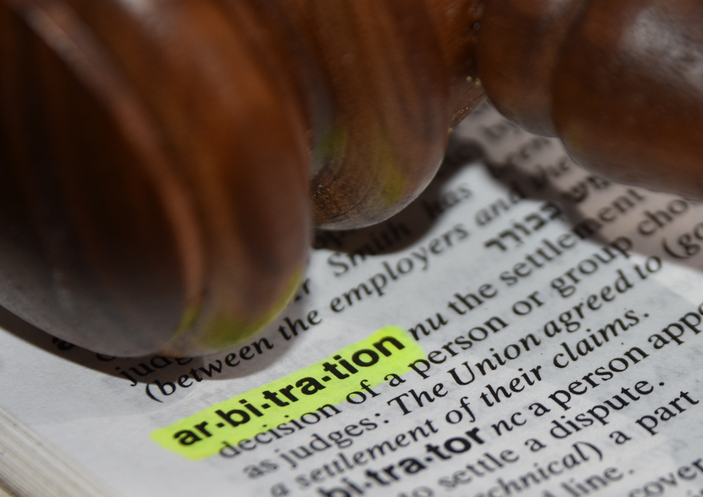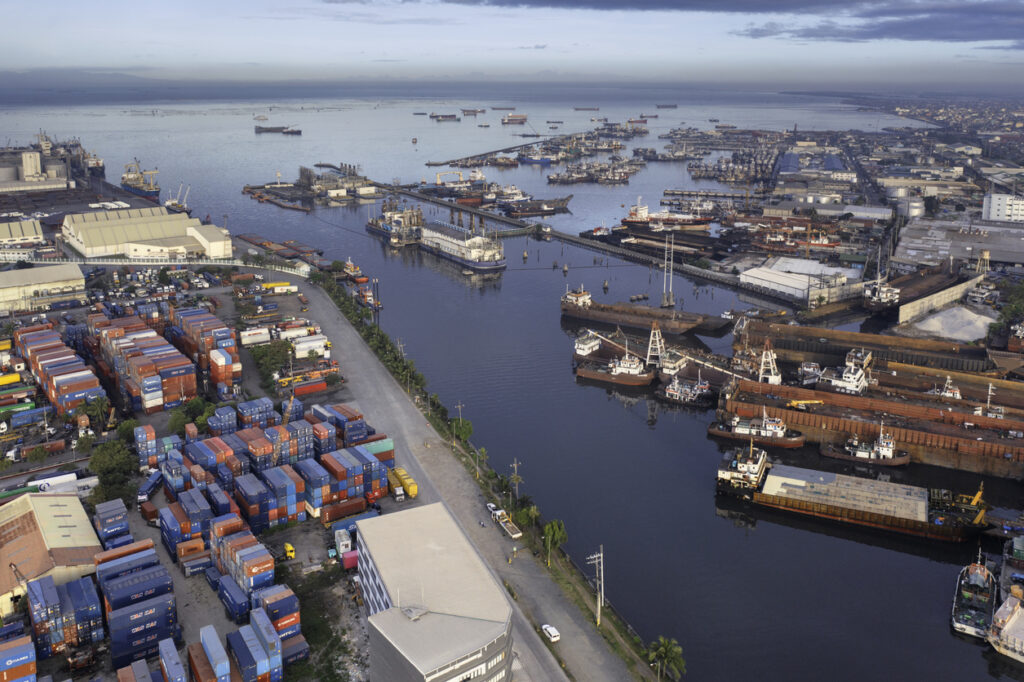Indonesia stands as a leading economic force in Southeast Asia, and its trajectory points even higher. Currently ranked as the world’s 10th largest economy by purchasing power parity (PPP), it is projected to become the fourth largest by 2050, according to PwC’s World in 2050 report. With a population exceeding 270 million and a rapidly expanding middle class, demand is rising across sectors including healthcare, consumer goods, education, ICT, infrastructure, and manufacturing.
Whilst this presents vast potential for exporters, trade credit insurers and lenders involved in cross-border trade, doing business in Indonesia is not without its challenges. Spread across more than 17,000 islands and with a landmass wider than the continental US, Indonesia can pose significant logistical hurdles. Its legal and regulatory environment is equally complex and continuously evolving—making local insight crucial, especially when navigating debt recovery.
While trade volumes grow, payment defaults remain a reality, and resolving them efficiently requires early assessment, strategic planning, and the right local partnerships.
This article explores the debt recovery landscape in Indonesia, outlining legal avenues available to creditors and practical steps to improve recovery outcomes at every stage.
1. INVESTIGATION & PRELIMINARY ASSESSMENT
Before initiating recovery action, it’s important to establish the facts around a default, but accessing accurate information can be a constant challenge for exporters, insurers and financiers alike.
With our on the ground presence in the debtor’s market, Recovery Advisers can assist with making facts-based decisions starting with:
- Review of the transaction documents: Contracts, invoices, correspondence, and shipping documents should be examined for potential dispute points or enforceability issues.
- Confirming the debtor status: It’s crucial to determine whether the debtor is operating normally, has entered liquidation, or is subject to a suspension of payments or bankruptcy filing.
- Tracing goods or services: Confirm whether goods were received or services were completed, and identify any objections raised by the debtor.
These first steps are crucial to inform the most effective recovery strategy—whether that be amicable or judicial.
2. AMICABLE RECOVERY
Where a debtor lacks immediate liquidity but remains operational and willing to communicate, a negotiated settlement is often the fastest and most cost-effective solution.
Our team engages directly with the debtor to negotiate a repayment plan with the aim of preserving business relationships. If the debtor agrees to a structured repayment, written agreements and, where appropriate, personal or corporate guarantees should be obtained. Should the debtor not respond, or good faith is lacking, the recovery process can be escalated with formal demand letters to prompt repayment.
3. JUDICIAL RECOVERY
When informal efforts do not lead to payment, creditors can initiate judicial recovery with the full support of Recovery Advisers. The two primary legal avenues in Indonesia are:
Civil Lawsuit in the District Court
This is the most direct route for enforcing a claim where no insolvency issues are involved.
- Jurisdiction: Claims must usually be filed in the District Court where the debtor is domiciled unless the contract specifies otherwise.
- Timeframe: Civil litigation typically takes 3 to 6 months. If the court’s decision is not appealed within 14 days, it becomes final and enforceable.
- Execution: Creditors may request seizure and auction of debtor assets if the debtor fails to comply voluntarily. However, enforcement timelines can vary significantly and, in practice, may take years to complete.
- Statutory limitation: Pursuant to article 1967 Indonesia Civil Code the statutory limitation period for filing a civil lawsuit is 30 years
Suspension of Payment (PKPU) or Bankruptcy
Where a debtor’s financial condition is deteriorating or multiple creditors are involved, insolvency proceedings may be more effective.
Suspension of Payment (PKPU)
PKPU (Penundaan Kewajiban Pembayaran Utang) is a court-supervised process that allows for the restructuring of debts and may prevent bankruptcy.
- Eligibility: Creditors (or debtors) may file a PKPU petition if there are at least two creditors and one due and undisputed debt. A creditor can file without the debtor’s consent.
- Process: The Commercial Court typically hears the petition within 20 days. If granted, the debtor enters a temporary moratorium (initially 45 days, extendable up to 270 days).
- Outcome: The debtor must propose a settlement plan. To be approved, the plan must be accepted by more than 50% of unsecured and secured creditors, representing at least two-thirds of the total value of claims. If this threshold is not met, bankruptcy proceedings may follow.
Bankruptcy Petition
If a restructuring under PKPU is not viable or fails, creditors may seek a bankruptcy order.
- Legal basis: The same basic criteria apply as for PKPU (2 creditors, 1 due and payable debt).
- Outcome: If granted, the debtor’s assets are placed under the control of a court-appointed curator for liquidation and proportional distribution to creditors.
- Timeline: A bankruptcy decision is typically issued within 60 days of the petition. Asset liquidation can be lengthy and depends on the complexity of the estate.
Cassation
If a PKPU or bankruptcy petition is denied, creditors may file a cassation (legal appeal) to the Supreme Court within 8 working days of the decision being rendered and notified to the parties. Cessation is a process for challenging legal errors or procedural violations—not factual findings. A decision typically takes between 90 to 180 days from registration.
Recognition of Foreign Judgements in Indonesia
Indonesia has not ratified the Convention on the Recognition and Enforcement of Foreign Judgments in Civil and Commercial Matters (the 1971 Hague Convention), or any other multilateral treaties relating to the recognition and enforcement of foreign court judgement.
The relevant law in Indonesia regulating the enforcement of foreign court judgments is primarily Article 436 of the Reglement op de Rechtvordering (Rv), an Indonesian civil procedural regulation inherited from the Dutch colonial era, which essentially stipulates that a foreign court judgment may be brought before an Indonesian court for re-adjudication. This process is referred to as a re-litigation lawsuit, which means initiating a new lawsuit in Indonesia concerning a matter that has previously been decided by a foreign court. The foreign judgment, in this context, serves as evidentiary for the re-litigation lawsuit. Such re-litigation lawsuit must be based on a final and binding decision of the foreign court.
Under Indonesian law, a final and binding foreign court judgment is served as an authentic deed or conclusive evidence of the facts contained in the judgement, as long as the contents of the foreign court judgment do not contradict with Indonesian public policy.
Recently, the Supreme Court of the Republic of Indonesia, in Decision No. 2510 K/Pdt/2024, affirmed that a foreign court judgment may be re-submitted to an Indonesian court through a re-litigation process, and a foreign court judgment may be admitted as authentic evidence in the proceedings.
Recognition of Foreign Arbitral Awards
Indonesia is a signatory to the New York Convention which it through Presidential Decree No. 34 of 1981. Accordingly, a foreign arbitration award rendered in a country that is also a signatory to the New York Convention can be enforced in Indonesia through formal procedure as stipulated in Law No. 30 of 1999 on Arbitration and Alternative Dispute Resolutions.
Formal procedure for enforcing a foreign arbitral award in Indonesia begins with the registration of the award in the Central Jakarta District Court. The court will then examine the award, and if it meets the requirements (including not violating Indonesian public order), the Chief Judge of Central Jakarta District Court may issue an exequatur judgement, which is a formal court order authorizing enforcement.
Once the exequatur judgement is granted, the arbitration award can be enforced in Indonesia using similar procedures as for the enforcement of a domestic court judgment. The enforcement process practically takes 1 to 4 years to complete depending on the load of cases of the bailiff and the court officials.
As an alternative to enforcing the arbitration award, if the debtor has more than one creditor, the claimant may file suspension of payment or bankruptcy petition, since the whole procedure will take not more than 2 (two) months and all of the debtor assets will automatically be confiscated and under supervision of the court and administrator.
Conclusion
Successful debt recovery in Indonesia requires timely action, informed strategy, and in-depth local expertise. At Recovery Advisers, we offer end-to-end support tailored to your specific claim—whether you’re an exporter, trade credit insurer or financial institution.
With a dedicated Jakarta office and a legal team licensed to practice in Indonesia, we combine on-the-ground insight with international best practices to deliver effective recovery outcomes.
From initial investigation through to litigation, enforcement, or insolvency proceedings, we can help you navigate the complexities of the Indonesian market with confidence and clarity.
To learn more or discuss a specific case, please contact your dedicated Client Manager or email info@recoveryadvisers.com.



